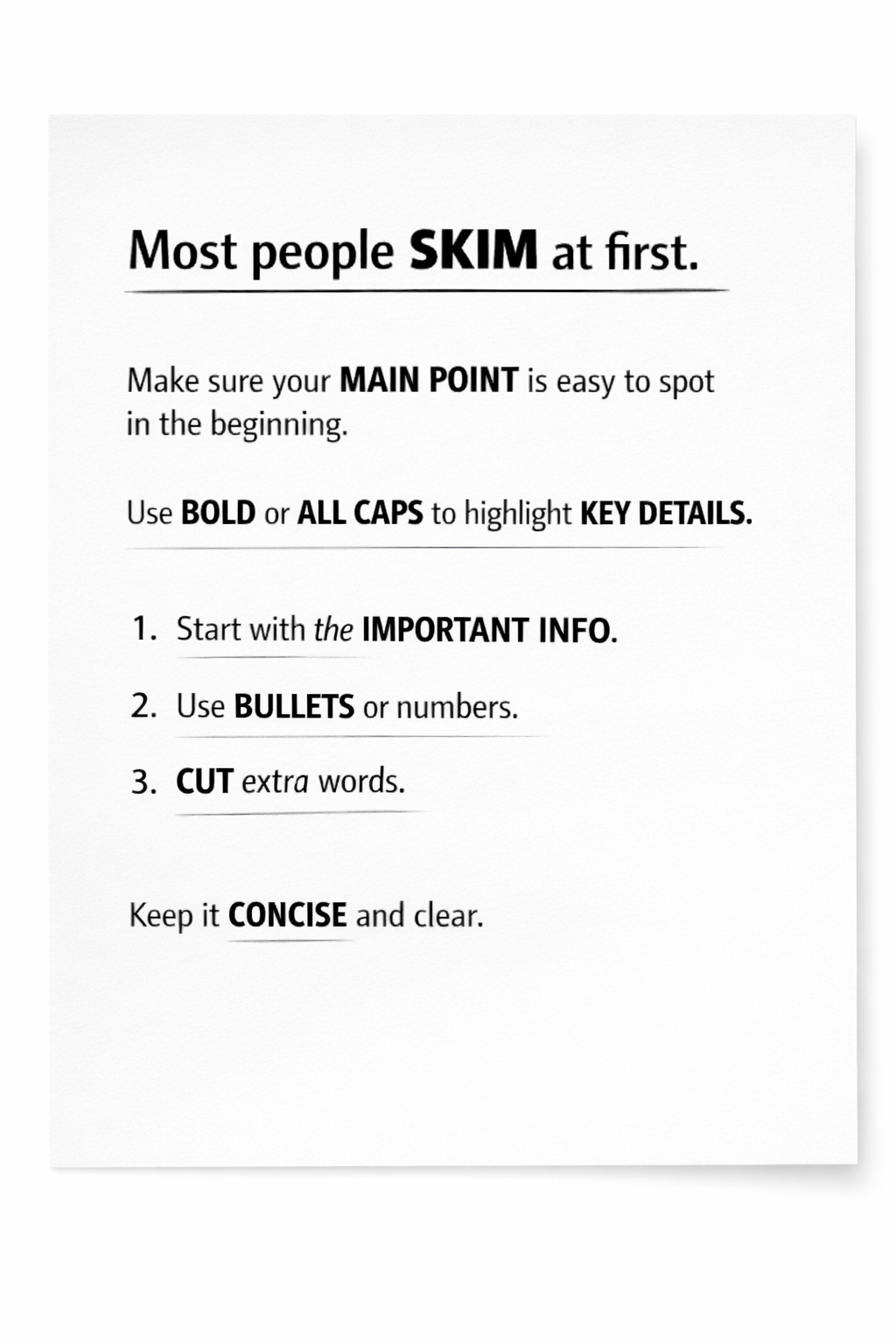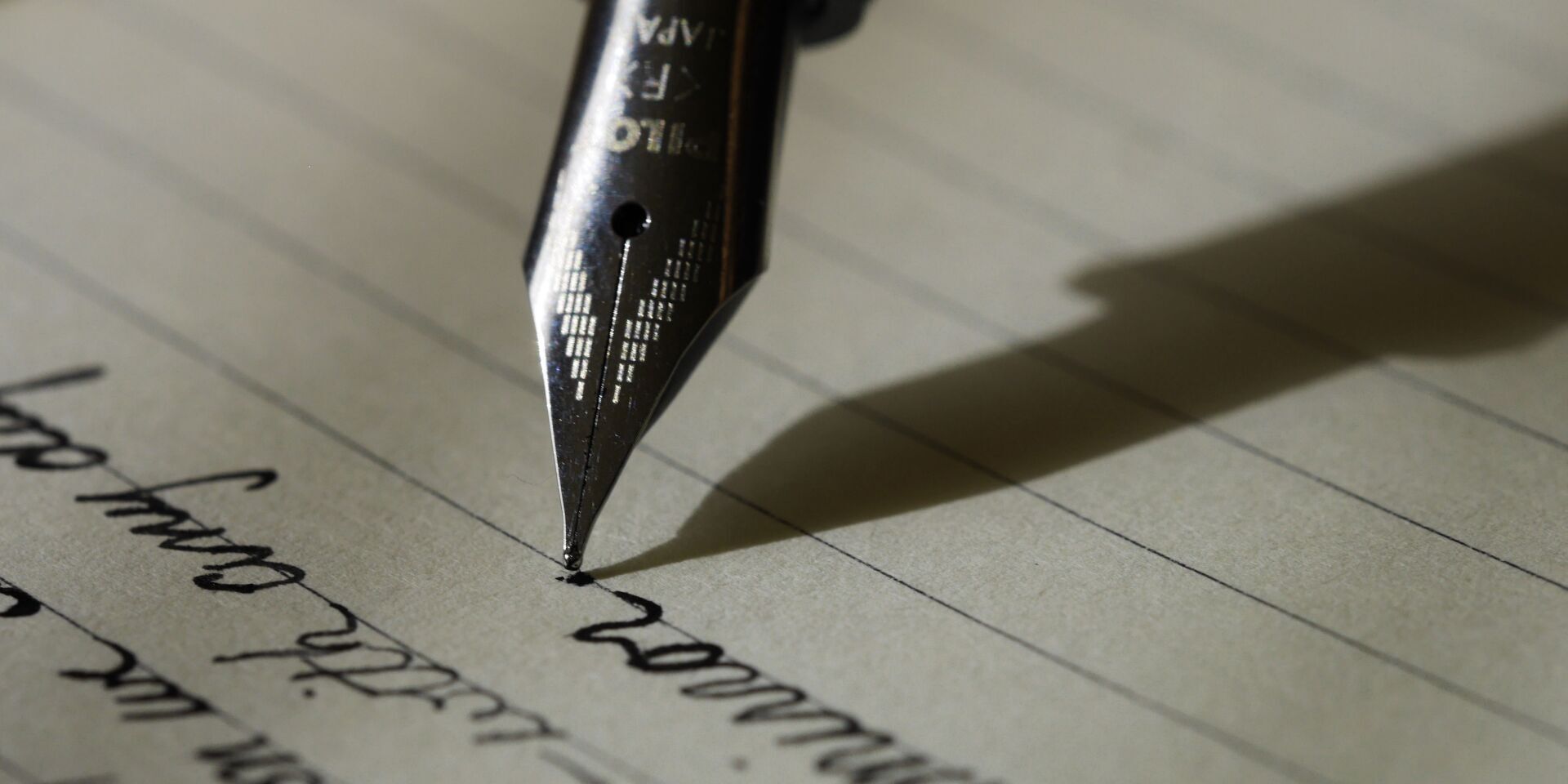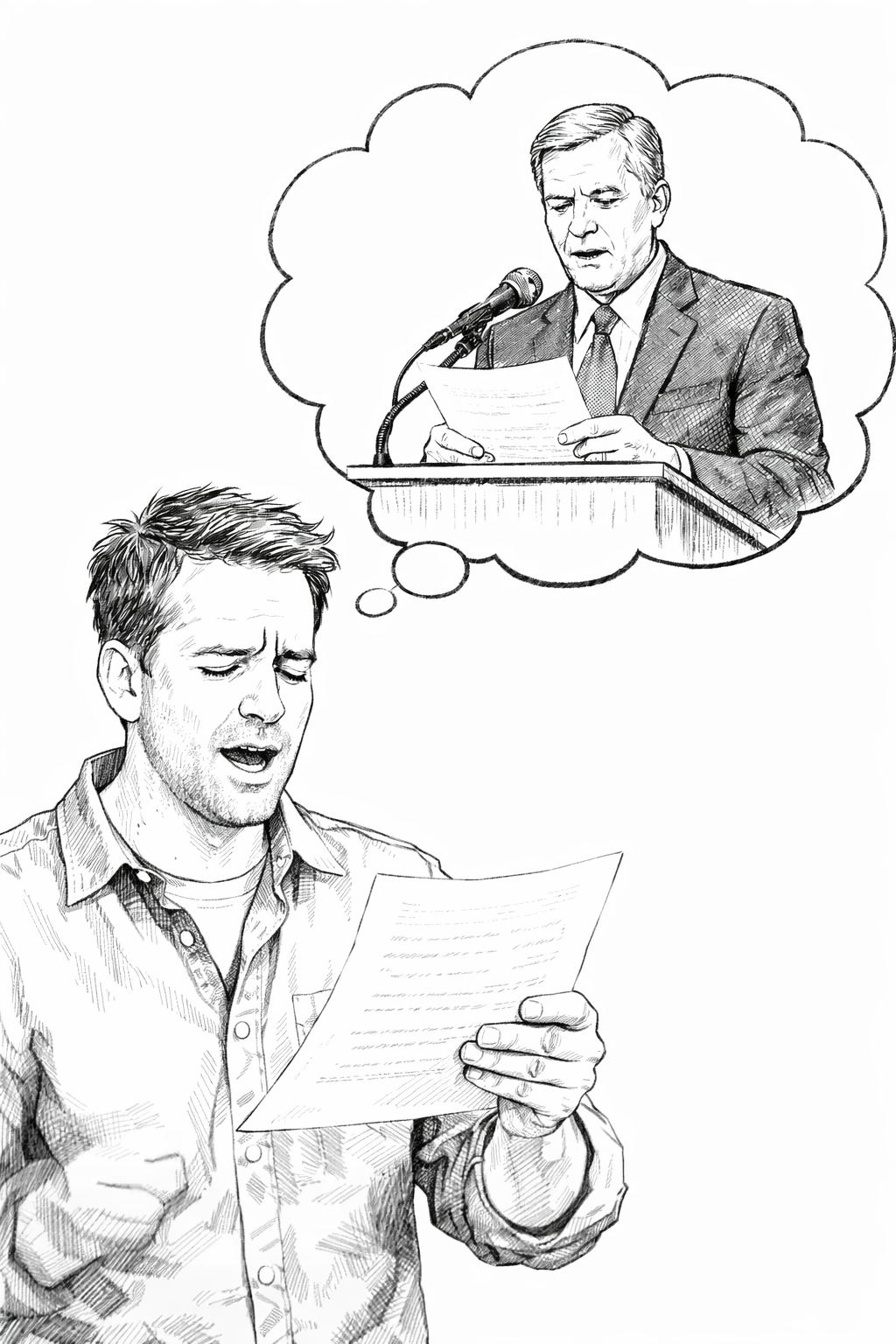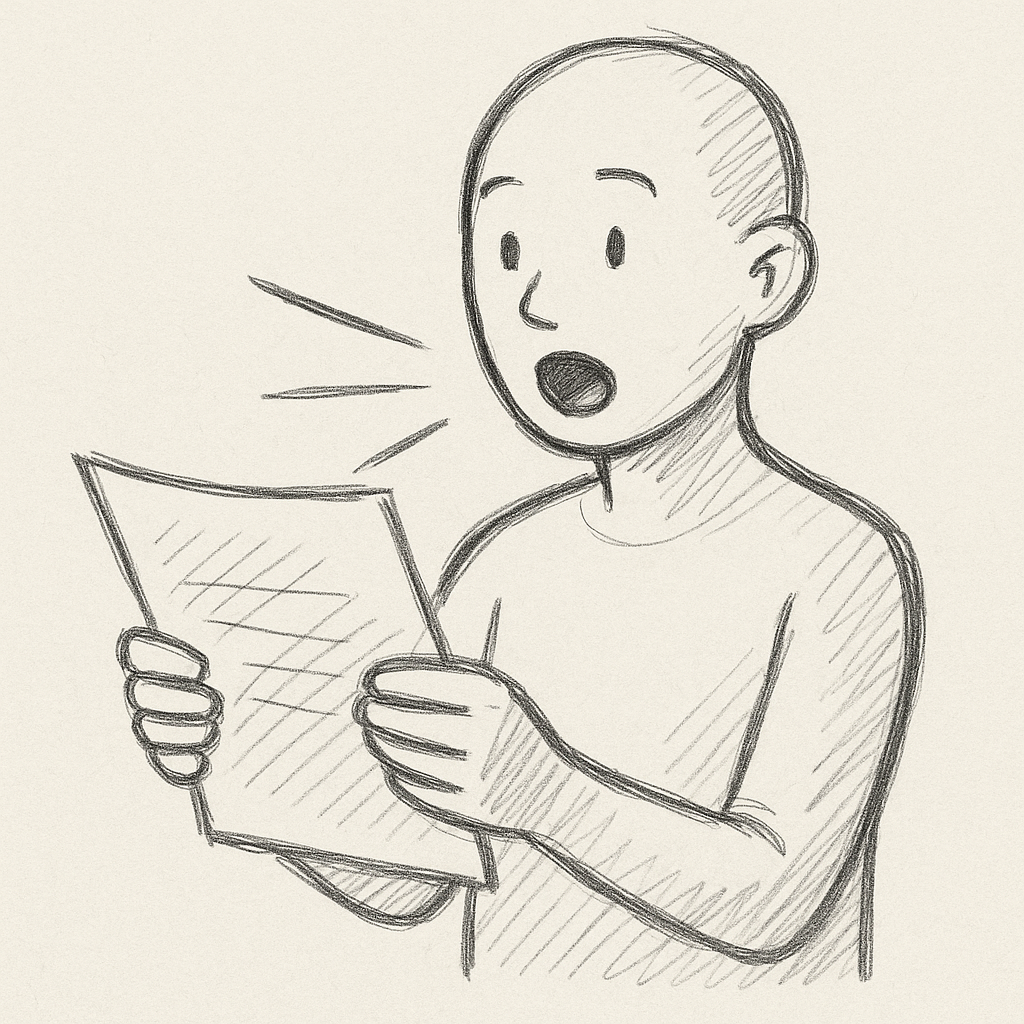Nib #8: First (Worst) Drafts
Ernest Hemingway put it best: “The first draft of anything is s--t."
Too many writers have never been taught this core fact of the writing life. But it *is* a fact. And by not teaching it, we set young writers up for frustration and failure.
First drafts are clunky, long-winded, loose, and full of outright mistakes. It’s not because writers are bad, but because writing itself is so hard. (See Nib #1.)
The defining quality of any first draft is not its concision, clarity, or vitality, but its *doneness.* Why? Because you can fix crap — you can’t fix nothing.
So don’t think about your first draft as *bad,* or even as a bad version of the finished product. Rather, think of it instead as a big slab of marble you just rolled into your sculpting studio. Only after it’s there can you get to work making it good.
Don’t be embarrassed if your first draft stinks. Of course it stinks — it’s a first draft!
Embrace that fact. Understand that most of what we mean when we say “good writing” is actually “good editing, revision, and re-writing.”
Make that leap and you’ll clear one of the biggest hurdles a young writer will ever face.
Until next week… keep writing!











